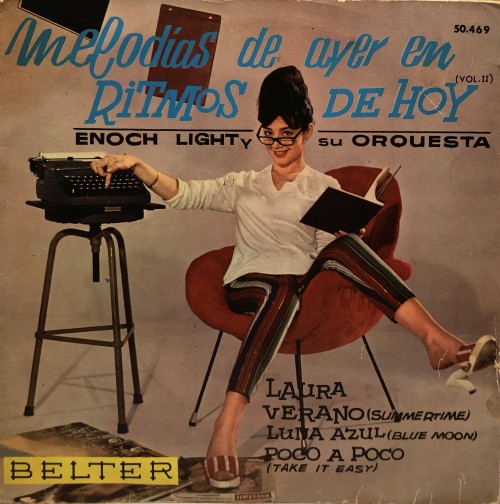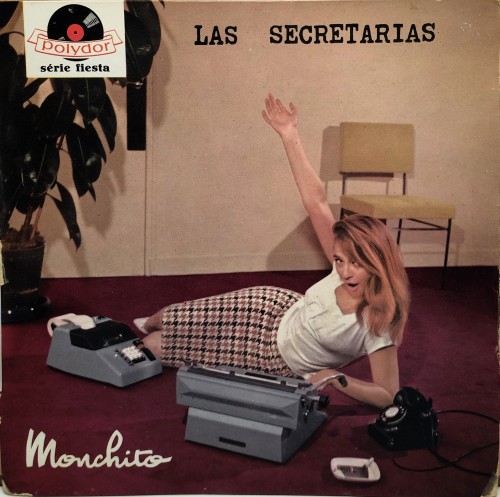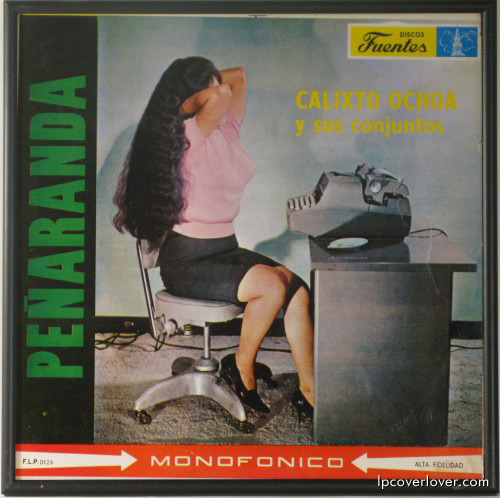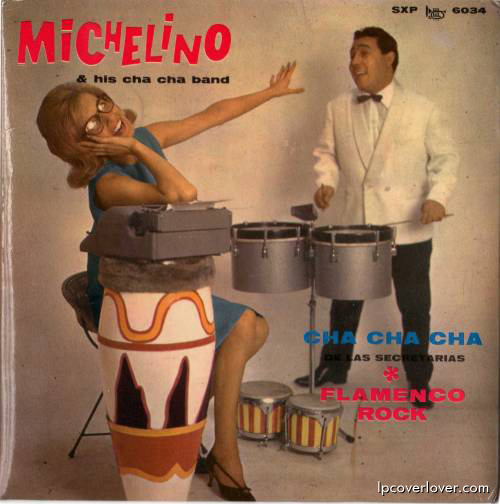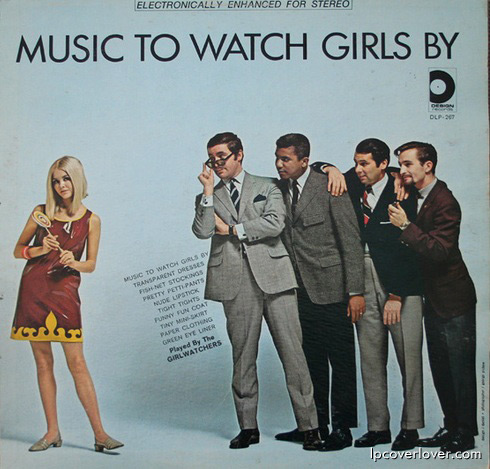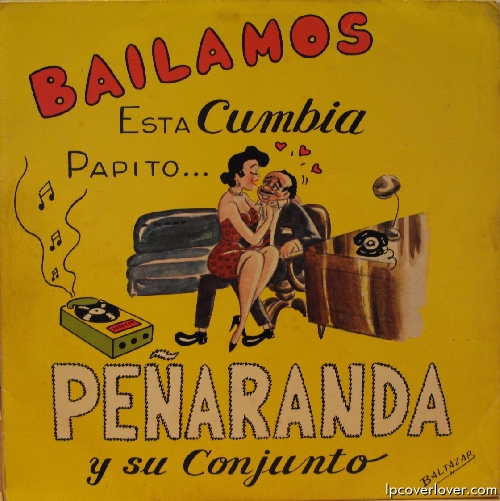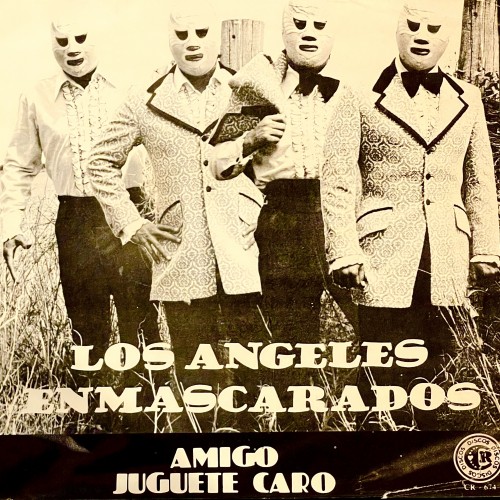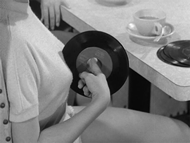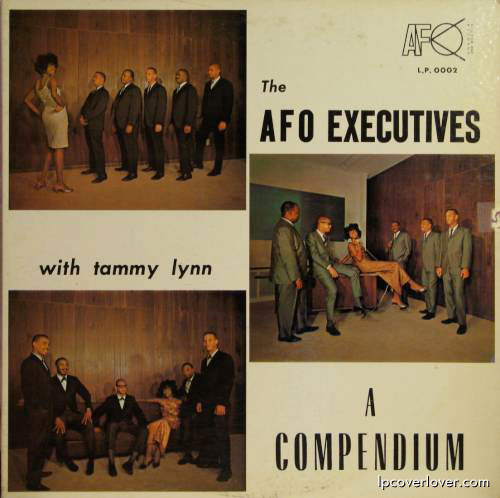
The AFO Foundation
In New Orleans during the 1950’s and 1960’s there were many talented musicians who made a living playing and recording R&B and rock à «n’ roll. They performed on hit records by Fats Domino, Little Richard, Ray Charles, Shirley & Lee and numerous others. However, it was their hearts desire to play jazz, modern jazz, bebop. Their stories of late night jazz jam sessions are legendary. The music of Charlie Parker, Dizzy Gillespie, Miles Davis, John Coltrane, Thelonious Monk and others made a large impact on many post World War II New Orleans musicians. There are precious few recordings of this style in New Orleans.
Compendium, by the AFO Executives, is the best recorded example of the genre. AFO, for the uninitiated, is an anacronym for All For One; it is also the name of the record label founded by Harold Battiste and his “Executives” in 1961. The name “The A.F.O. Executives” did not just happen by pulling names from a hat or secret vote or some similar arbitrary method, but is an accurate description of them because they were, are in fact, the executives of AFO Records, Inc. Having been quite successful in the studio producing record pace setters like “I Know,” the five “executives” who happened to be musicians (or five musicians who happened to be executives) began to play club dates as a group. With Tammy Lynn-the most versatile vocalist in their stable-added to the group, the stage was set for the swinginest all around group to hit the band stand.
The Executives included Harold Battiste on piano and alto sax, John Boudreaux on drums, Melvin Lastie on cornet, Peter Badie on bass, and Alvin “Red” Tyler on tenor sax. Compendium was recorded in 1963 at Cosimo’s Studio. The musicianship on this recording is exceptional and Tammy Lynn’s voice is the only known example of modern female jazz singing in the city from the 60’s that has survived. She sings, not skats, in a pure bop style. The group’s emphasis is on ensemble work instead of lengthy solos; they are tight while maintaining a loose swing. The horn arrangements and aesthetic expression make this record modern. The repertoire they chose to record reveals their Crescent City connection. There are original compositions by Melvin Lastie, Roy Montrell, Red Tyler, Harold Battiste and James Black. In addition they do very hip arrangements to tunes like Gershwin’s “The Man I Love,” Kern’s “Old Man River” and Williams’ “Mojo Hannah.” For listeners who were not around during this neglected period of New Orleans music history, Compendium offers a small glimpse into what those late night jam sessions were all about. – Jerry Brock
By late 1961, the label found great success and acclaim following the gold record success of AFO vocalist Barbara George with her national pop hit, “I Know (You Don’t Love Me No More).” The single rose all the way to number 3 on the U.S. national “pop” charts. With this financial boost, the label was then able to finance later recording projects which included the works of such young artists as Mac Rebenack (better known today as Dr. John), Willie Tee, Eddie Bo, and Nookie Boy Oliver “Who Shot the La La” Morgan. In 1963, Harold Batiste was called to California to produce the Sonny and Cher show as musical director and the label became dormant.

Loading ...





